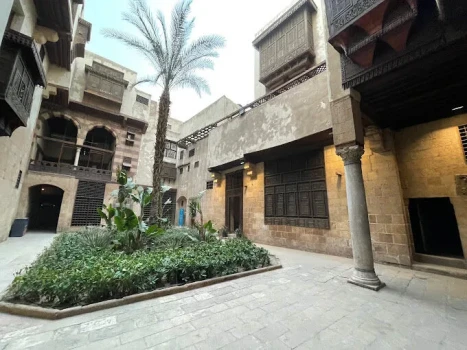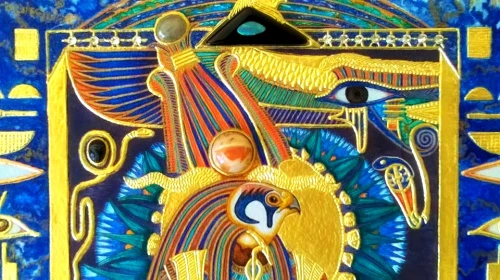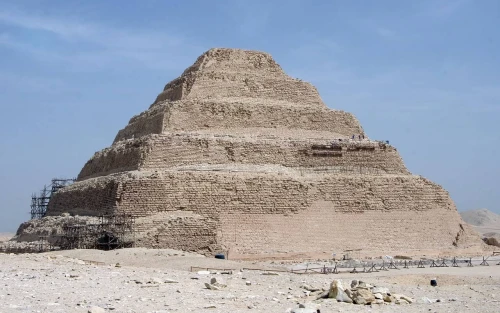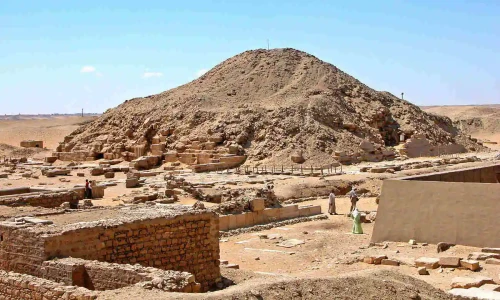
Bayt Al Suhaimi: Exploring Cairo's Cultural
Egypt's main city, Cairo, is a marvellous and mysterious place. Its extensive cultural heritage is just one of the many features that make it a unique location to visit. Bayt Al Suhaimi stands out as a must-see site among its many historical landmarks and structures. The history of Bayt Al Suhaimi is explored in this post along with the reasons why it's important to do so.
What exactly is Bayt Al Suhaimi?
A ancient home called Bayt Al Suhaimi is located in Al Darb Al Ahmar, which is a neighbourhood of Cairo's Old Islamic District. The residence was built in the late 18th century by wealthy businessman Sheikh Ahmed Al-Suhaimi, who was also a descendant of one of Cairo's most illustrious families at the time.
Subsequently, Sheikh Ali Abdul Wahab inherited the home and added his own touches by renovating and expanding it. Until the government bought it and converted it into a cultural centre in the middle of the 20th century, Bayt Al Suhaimi was owned by the Abdul Wahab family for a prolonged period of time.
Engineering and Design
The Bayt Al Suhaimi house, which has a central courtyard surrounded by rooms and passageways that lead to other areas of the house, is a superb illustration of traditional Islamic architecture. The structure was built using plaster and mud brick, both of which are typical building materials in the area. Calligraphy and intricate geometric designs, which are prevalent in Islamic art and architecture, may be seen on the plaster.
A stunning hardwood mashrabiya, a sort of window covering that offers privacy while let air to circulate freely, is another feature of Bayt Al Suhaimi. Many historic structures in Cairo used this feature to keep cool during the sweltering summers.
Attractions in Bayt Al Suhaimi
Not only is Bayt Al Suhaimi a beautiful structure, but it also has a lengthy cultural heritage. It once served as a gathering spot for some of Egypt's most illustrious artists and cultural leaders, including renowned poet Ahmed Shawqi and legendary vocalist Umm Kulthum.
 English
English
 Spain
Spain












